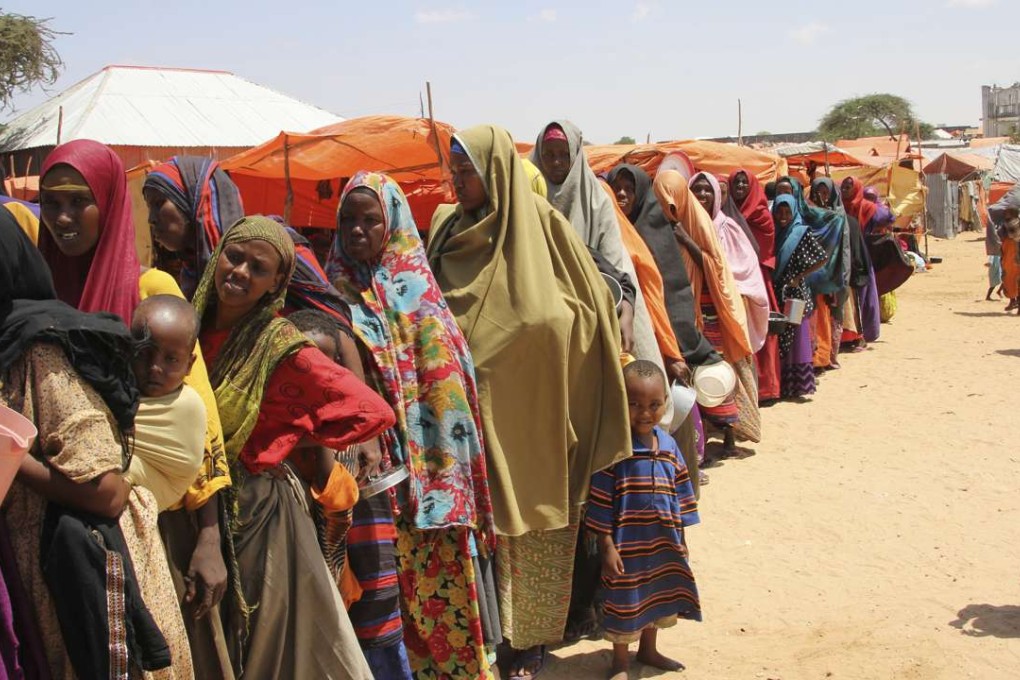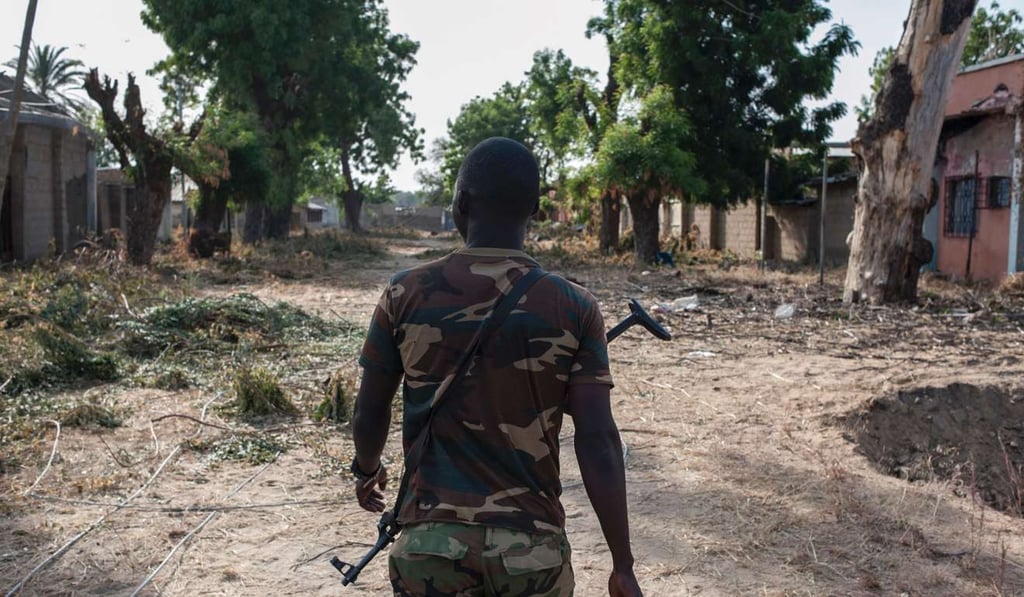World ‘hunger map’ shows how conflict is feeding on human misery
Haya Al Hussein says food is not just a humanitarian issue but a security one, too, and appeals to the moral consciousness of a world with a shared destiny

The World Food Programme’s global “hunger map” is a colour-coded guide to malnourishment. The latest version is also a pretty reliable map of the world’s conflict zones.

Famine threatens millions in South Sudan while government spends half its budget on weapons
Watch: Nutrition expert warns of looming catastrophe in South Sudan
In Somalia, al-Shabab, an al-Qaeda affiliate, has blocked humanitarian aid to some areas and is reportedly using stolen aid to seek support. Both sides in Syria’s six-year-old conflict have used war to starve enemies into submission.
People will kill to feed their children – and extremists use food to recruit killers
Hunger makes people desperate. It strips away human dignity, and without dignity, there can be no peace. In my travels as a UN Messenger of Peace focused on hunger and extreme poverty, I have seen what can happen when the need for food goes unmet. I have seen the mood in food distribution lines change from docile hope to menacing panic. People will kill to feed their children – and extremists use food to recruit killers. Jabhat al-Nusra, an al-Qaeda branch in Syria, has social media videos showing its fighters enjoying a lavish meal. Islamic State also likes to give the impression that its followers are well fed. In Iraq, residents fleeing IS-controlled Falluja last year reported that the extremists offered to share food supplies with families that supplied a fighting-age recruit.
In parts of Nigeria, Boko Haram militants are exploiting growing hunger to gain recruits. “There is no food at all,” Senator Abdul-Aziz Nyako said last year. “We have people in our constituency moving out to join Boko Haram just to eat.”

The lesson in all this is that food is not just a humanitarian issue, it is also a security issue. Our common humanity should be enough reason for individuals and governments to help. But if that is not good enough, perhaps self-interest will be a motivator.
My father saw the connection between personal and national security. He put it this way: “We need a sense of security in our private and national lives ... We need opportunities for our own development, and faith in the moral conscience of the world and in our own destiny.” He was right.